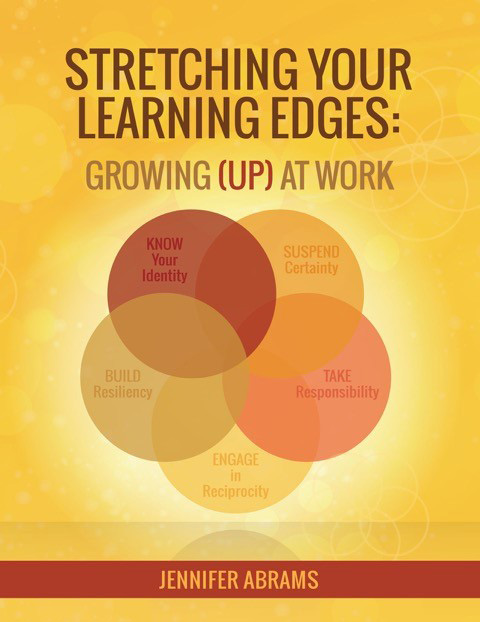What NOT To Do If You Want To Be More Influential
June 13, 2018

These three don’ts can make others take you less seriously
In last month’s column, I wrote about being of influence and key reminders if we want to increase our scope of influence, no matter our role. I mentioned three important influential behaviors.
- Don’t just have complaints; have suggestions.
- Take a field trip to the other person’s world.
- People will resist change. Don’t freak out.
While these key behaviors aren’t the only skills you could acquire as you craft your communications and build your influential savviness, they do help. There are also things you should not do if you want to be of influence. Here are three.
1. Don’t be so credible that you forget being approachable.
There are many people in education that fake it ’til they make it. It’s understandable. Showing confidence, even if you don’t feel it, is a good thing to do in many situations. In her now famous TED talk, Amy Cuddy spoke about the “Power Pose” and how just two minutes standing like Wonder Woman can change how people perceive you.
It is a good thing to look in control and confident, but in many contexts, credibility isn’t as influential as approachability. Nodding, leaning in, smiling, leaning to the side, being of ease in your chair—demonstrating your comfort through your posture draws others in to hear you more effectively. There are times when physically showing approachability with your body and tone will connect you with the person you are talking to in a greater way than being too upright and rigid with your stance and tone. Being confident is great. So is being real.
2. Don’t just explain the rewards of an idea but acknowledge the risks as well.
Many of us want to tell others how “great” something will be and the benefits it will offer and the “wonderful” parts of the work we will do. We don’t want to admit that the work can be challenging and that some folks will have to deal with discomfort. Perhaps funds will have to be cut for one project to make way for this one or there will be gossip we will have to deal with or we’ll have to work a bit more for a while. Honesty in acknowledging both the good and the bad makes for authenticity and increased buy in.
3. Don’t micromanage. Trust.
Maybe this is just a pet peeve of mine, but I don’t think so (think Daniel Pink!). Many of us like autonomy in our work. If autonomy is offered to me and I feel a sense of control over my actions and work, when someone offers a suggestion or reinforces a certain expectation I am more likely to listen. That is because the feedback is not overly insistent or constant. Micromanaging indicates that we are less trusted by others to do our work. Hostility begins to brew or we just check out. We stop listening. We feel hounded and are not open to a micromanager’s feedback. Want influence? Trust us. That way, when you share something we could change, we’ll be more likely to modify our behavior as a result.
Building up your ability to be of influence is done one interaction at a time. These DON’Ts are just a few strategies embedded in the work of being the best team member and leader you can be. Every moment of connection can help narrow or enhance your ability to be of influence. Make each moment count.
This post was originally published as the tenth in a new column Jennifer writes for eSchool News. In her column on ‘Personal Development’, Jennifer focuses on tangible takeaways, tools and teachings that all those working in schools can use to develop their leadership. Read more about the column and browse past and future content here.

